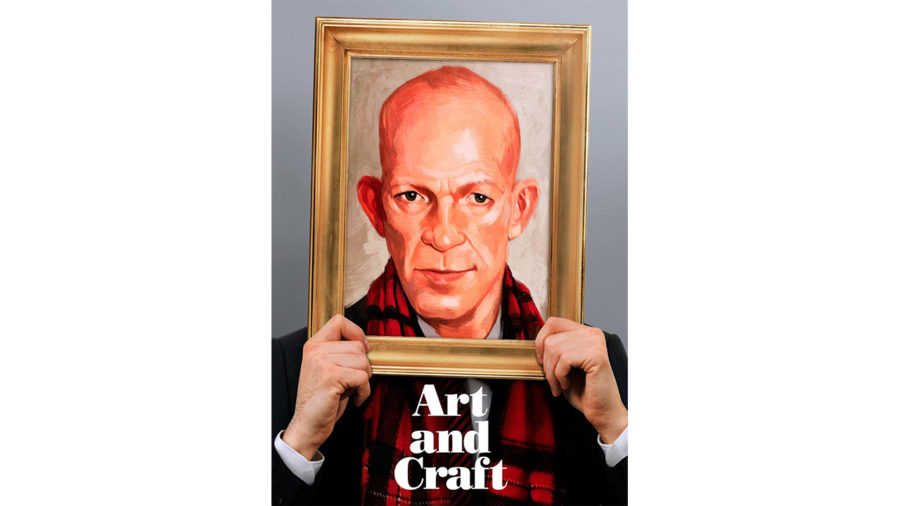Mark Landis, an American painter, has been recognized for his many contributions to American museums, but he is best known for his forged pieces.
For nearly 30 years, Landis tricked dozens of museums into accepting replicas into their collection. His stunts have made numerous headlines across the world.
However, he never actually committed a crime, because he “donated” his forgeries. He fooled more than 40 art museums with this tactic.
Mark Landis and his artwork was the subject of the documentary “Art and Craft,” which can now be found on Netflix. Landis has donated to several places including The University of Southern Mississippi’s McCain Library and the Lauren Rogers Museum of Art in Laurel to which he made his first donation.
Landis’ mother was a volunteer for the museum, but some believe she had no clue what her son was doing.
“We never had the interaction of the two of them together,” said Lauren Rogers Museum registrar Tommie Rodgers. “She was here as a volunteer. We were piecing the parts together to learn who [Mark Landis] was and more about his background. I guess one or two times really fueled his fire, gave him the confidence to think, ‘Well, I can keep doing this, I can keep fooling people.’ He had a very good con.”
It was even said that Landis would use the museum to meet his clients.
“He was trying to build this relationship and credibility through us to reach these other museums,” Rodgers said. “He would take them to lunch, come back to the museum for a tour, and if one of us happened to be walking through the galleries while they were visiting, he might introduce us, and then he would shoo us away quickly so we wouldn’t interfere with his scheme.”
Most museums have protocol they follow when accepting artwork and collecting priorities. However, they are not authenticators, appraisers or conservators.
Rodgers said Landis taught everyone a valuable lesson.
“I think what he did in a good way was remind museum staff members to be leery of anything that comes in your door, always do your research and your homework before you accept something,” Rodgers said.
Many thought Landis craved the attention, including Rodgers. Ironically, Landis agrees.
“Mark Landis craves artistic expression and finds strength in the validation he receives from it,” states Landis’ website.
McCain Library Curator Ellen Ruffin said the library had no idea when he was about to donate.
“He would appear out of nowhere,” she said. “We never knew if he was coming.”
Ruffin said her first encounter with Landis was when he brought an “original” Charles Shultz to McCain.
“His way was to bring us the catalogue image from the auction that it had might been on bid for,” Ruffin said. “The artwork looked identical to the catalogue description and to what it was.”
Despite his forgeries, Ruffin believes Landis was not harmful.
“Mark was not a dangerous person, he was more of an injured soul,” Ruffin said.
All of Landis’ works donated to the McCain Library were in honor of his father and mother.
Landis himself could not be reached for comment.
































